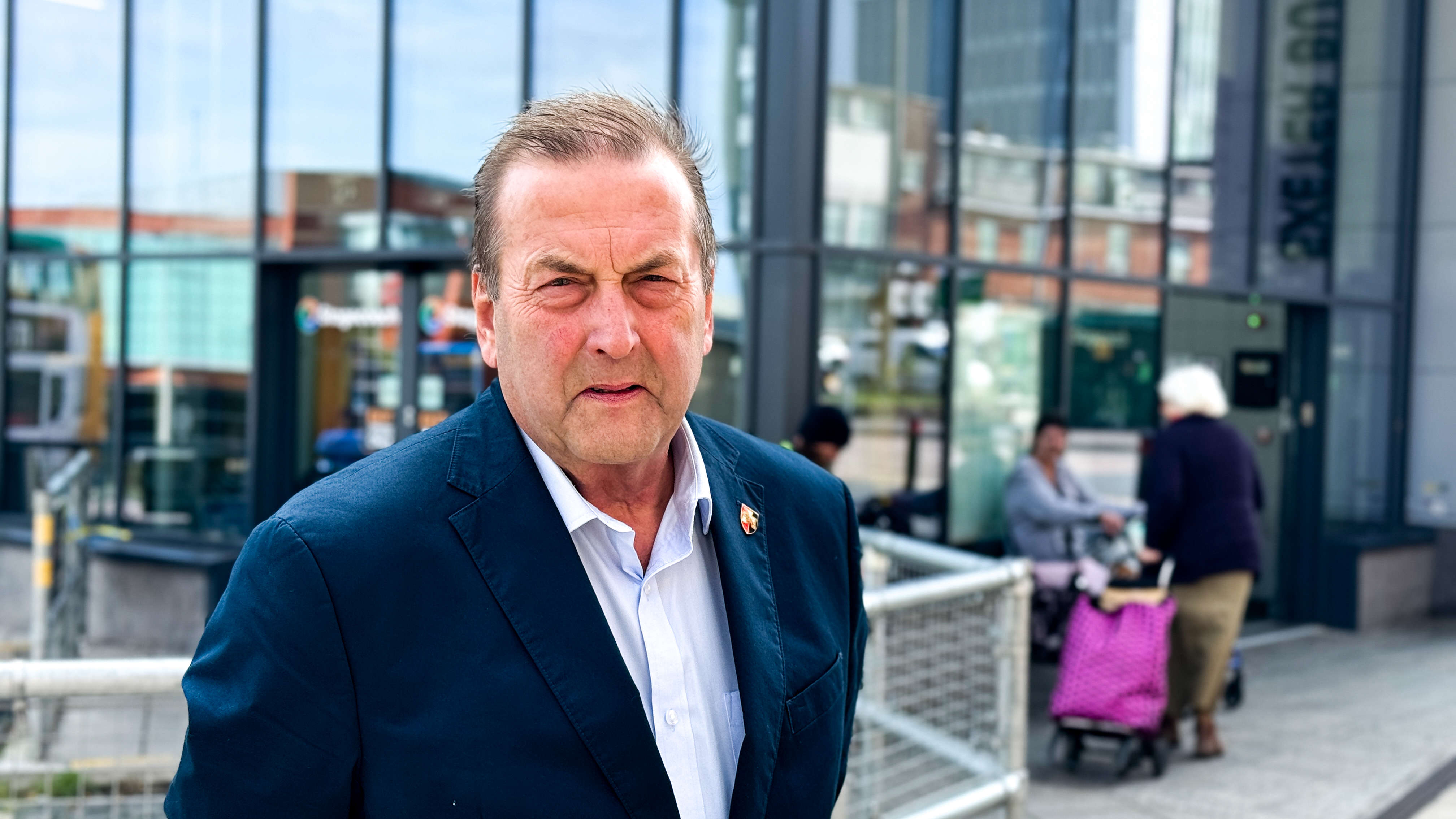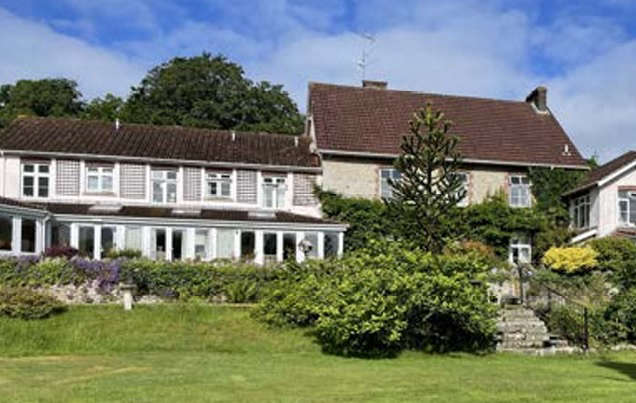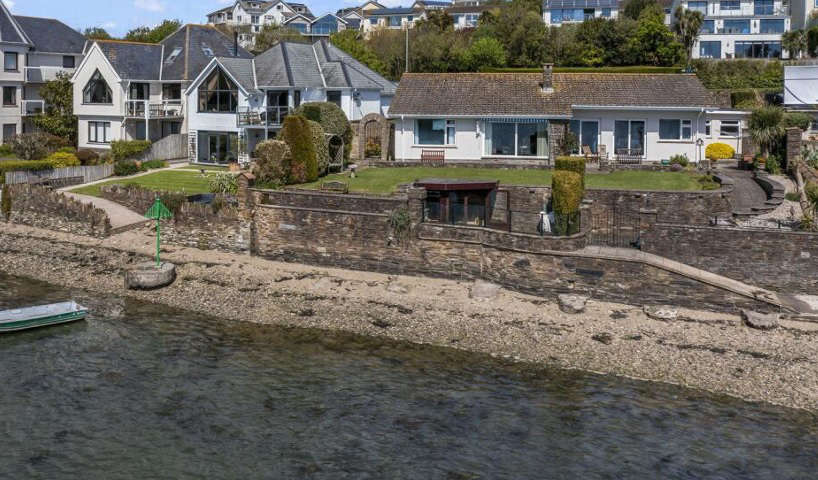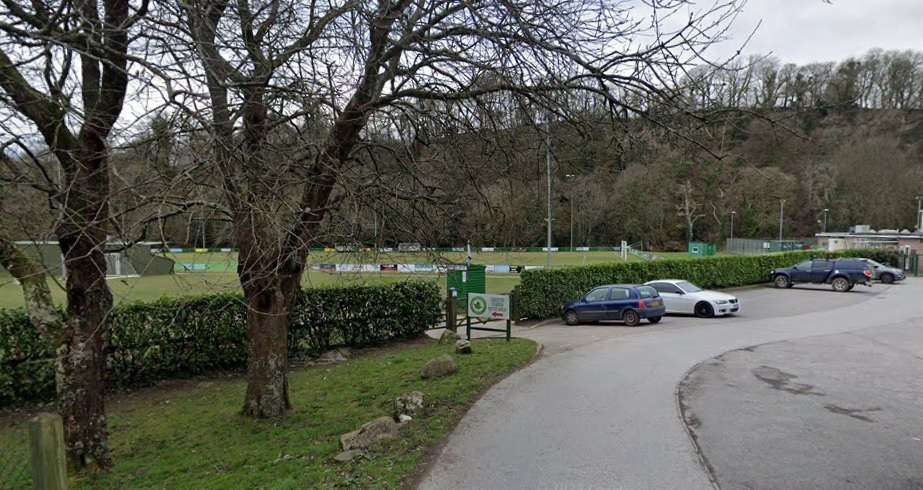
More cash for children’s services, adult social care and homelessness and no cuts to frontline services
Plymouth City Council has put an extra £26 million into its budget next year to try to meet the cost of its biggest pressures - children’s services, adult social care and homelessness.
And there will be additional funds for pothole repairs and £300,000 to increase grass cutting in cemeteries and play parks after the public said they are top priorities.
The council says there will be no cuts to frontline services.
Cabinet member for finance Cllr Mark Lowry (Lab, Southway) says he is confident the budget gap for this financial year, which has been reduced from £4.2 million to £1.2 million in three months, will be closed by the deadline of March 31.
He told cabinet members that general expenditure was £10.7million over budget this year, calling into question the budget-making process.
But he said councils nationwide are having to deal with simultaneous issues including inflation, the war in Ukraine, covid and extra demand for services, which put pressure on the budget.
Among the overspends were £3.7 million in the 'people’s directorate' which includes adult social care, £1.3 million in special care packages for adults, £1.9 million in home-to-school transport for children with special educational needs and disabilities’ (SEND), and £2.4 million for emergency accommodation for homeless people.
These costs had been offset by savings in corporate services, additional business rates income and contingency funding, said Cllr Lowry.
The council's chief finance officer David Northey said: “We are still £1.2 million adrift. The budget will balance but I do not want anyone to think it’s been an easy journey to get to this point. This isn’t really the target as we need to save every penny. If you think this year has been difficult, next year will be harder.”
Cllr Jemima Laing (Lab, Stoke), cabinet member for children’s services, said the number of child residential placements costing more than £10,000 a week had risen from nothing to 16 in five years in Plymouth and it is a similar picture elsewhere.
“It’s important to look at the national landscape because this is a situation facing councils up and down the country. I don’t want people to think we just sit back and accept it, because that is not the case. We all work tirelessly to reduce cost.”
The council has recently asked the children’s minister to investigate companies who are making “eye-watering” profits by providing children’s residential placements.
Cllr Chris Penberthy (Lab, St Peter and the Waterfront) said the cost of emergency accommodation had risen from £800,000 five years ago to £4.5 million today.
He said the council had managed to stop the costly rise in pay-by-night or airbnb accommodation. A £15 million house building programme plus other plans and offers of help from organisations and charities like Trevi and Young Devon in providing more long term accommodation would be instrumental in helping the housing crisis, he said.
Next year’s budget increase for temporary housing will be £3.2 million and there will be £12 million more for children’s services and £13.7 million more to help with adult social care.
Cllr Mark Coker (Lab, Devonport), cabinet member for strategic planning transport, said the council would continue with its LED lighting programme, thus reducing carbon emissions, and Cllr Tom Briars-Delve (Lab, Stoke) cabinet member for the environment, said the largest-ever green plan for Plymouth - a £70 million programme to meet net zero target -would include solar farms, district energy schemes, social housing decarbonisation and vehicle fleet decarbonisation plans.
Cabinet members approved a £723 million capital budget for 2023 to 2028, with Cllr Mark Lowry saying it is “ambitious” but would “protect public services”.
The full council is expected to approve the budgets for next year and the long term capital expenditure programme in March, along with setting the council tax at 2.99 per cent.
 Pop-up market proposal for Exeter city centre
Pop-up market proposal for Exeter city centre
 'Bad deal' blast over Churston solar farm
'Bad deal' blast over Churston solar farm
 Bovey Tracey holiday homes plan rejected
Bovey Tracey holiday homes plan rejected
 Broadside for 'incongruous' Kingsbridge waterside home
Broadside for 'incongruous' Kingsbridge waterside home
 Ivybridge football project given go ahead
Ivybridge football project given go ahead
